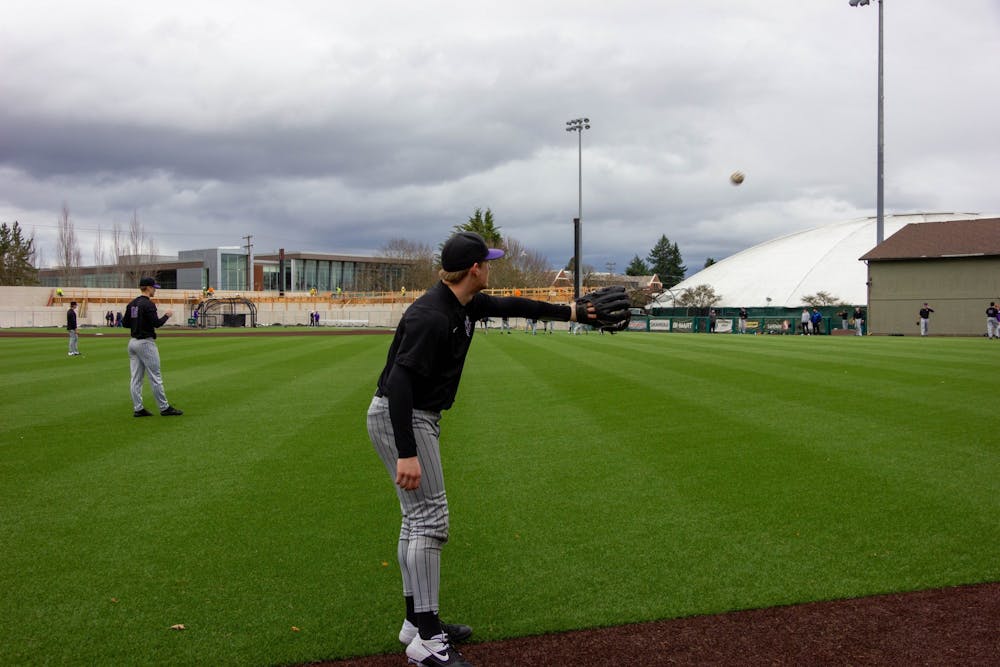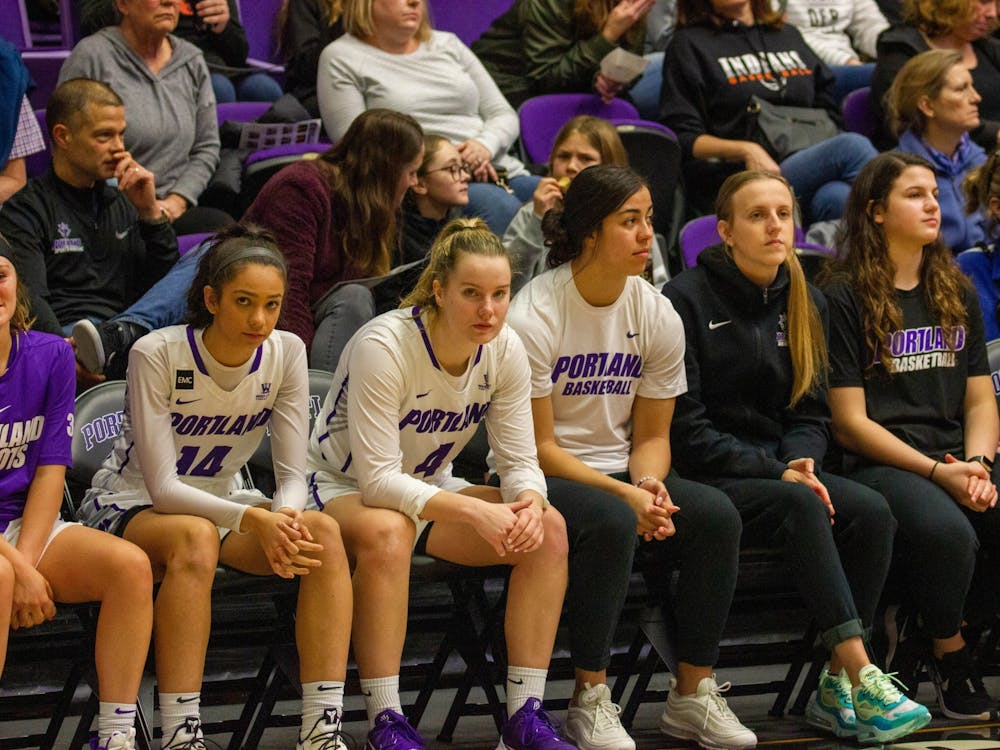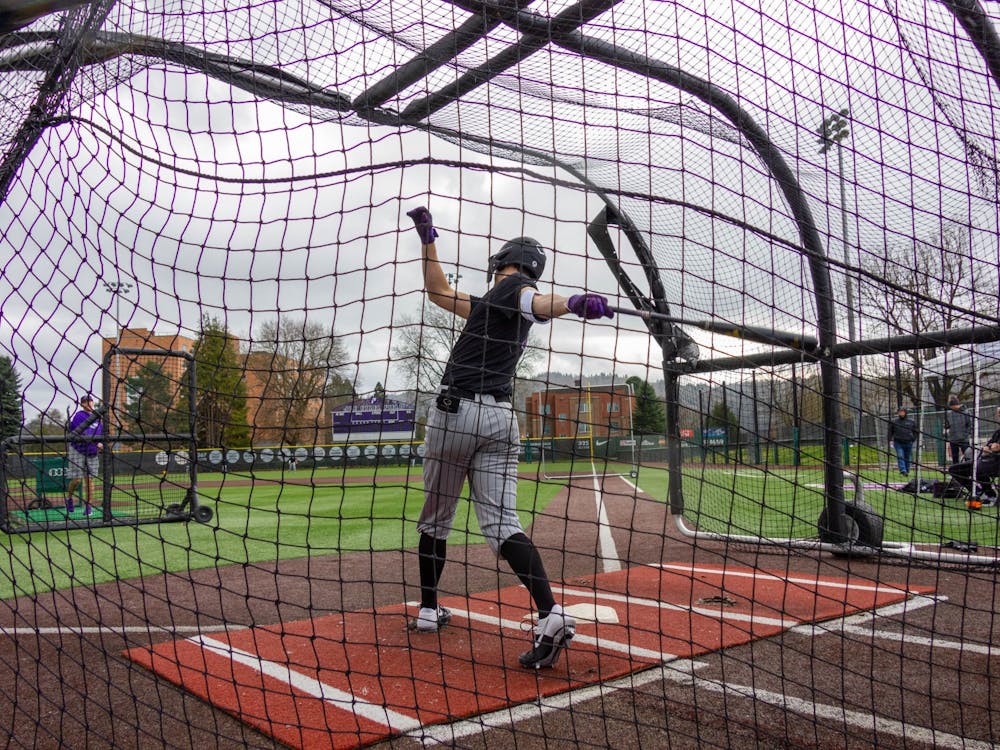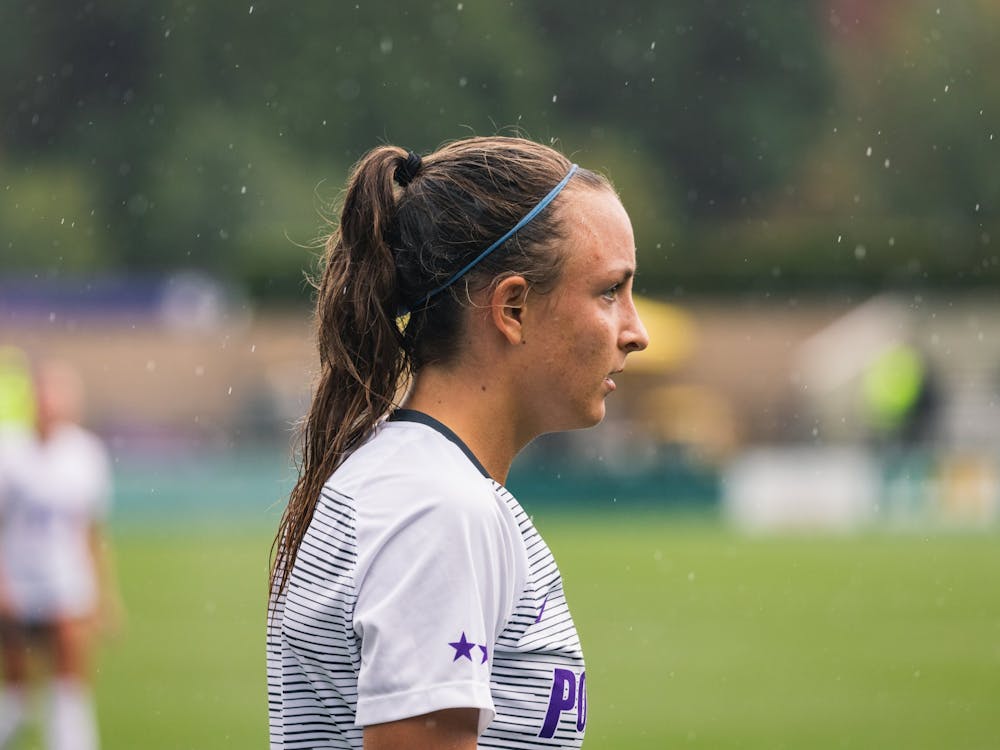The circumstances of the COVID-19 outbreak led to several sports’ seasons ending prematurely. Women’s basketball’s journey to the big dance after winning the WCC Championship was cut short with the cancellation of March Madness, but for spring athletes, their conference run ended before it even began.
For spring athletes across the country, the quarantine brought disappointment for their 2020 season. On March 30, the NCAA ruled to extend eligibility to student athletes whose seasons were ended by COVID-19. Students typically are given four seasons to play in a five-year period, as many athletes opt to take a redshirt year and stay for five years and only play four. This new measure allows all spring student athletes, regardless of redshirt standing and class, to replace their 2020 season with another year. Additionally, it lengthens the maximum of players on a team that can receive scholarship aid — so there can be more scholarship players next year than previously.
For spring athletes on the baseball, tennis, and rowing teams at the University of Portland, this option for an additional year opens doors to new degrees in academics and new heights in their athletics.
Should I stay?
Of the three seniors on the women’s tennis team, each was in a position of leadership, holding positions 1, 3 and 4 on the court. They were all at the top of their game, according to their head coach Susie Campbell. Prior to the quarantine, the team was 4-2 in the preseason.
Emily Soares just applied to University of Portland’s Master of Engineering program and is waiting to hear back to make her decision to stay or go.
“I wasn't expecting our season to end that way, we were all looking forward to our senior game,” Soares said. “I never expected ending my career this way but with the extra eligibility that opens, some options for me.”
Soares is a senior civil engineering major who hopes to extend her tennis career another year and complete a Master of Engineering, but this wasn’t originally the plan.
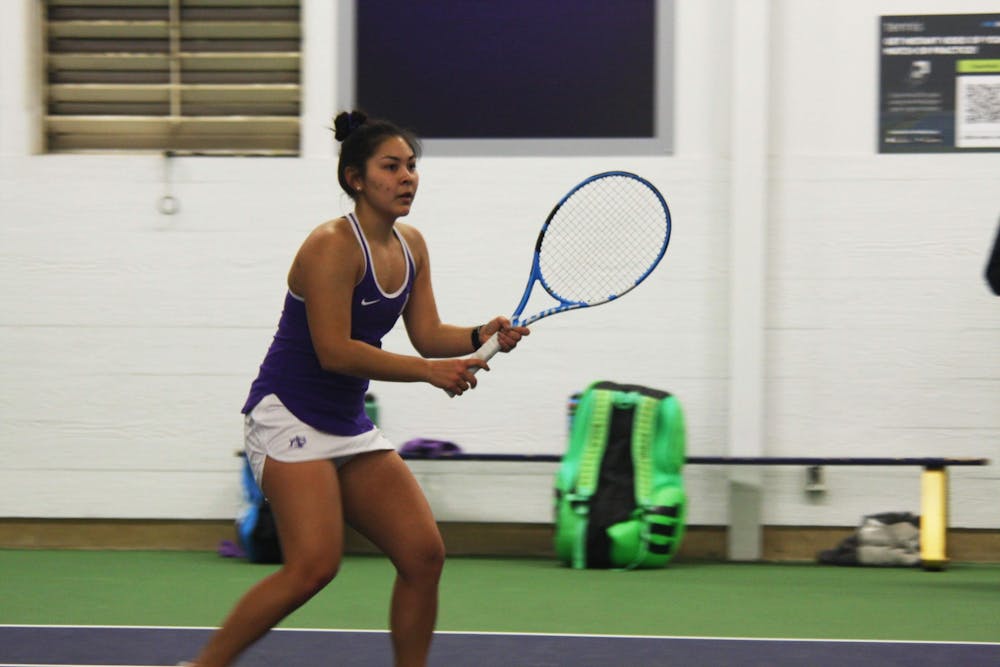
“I have another opportunity to play for another year, to accomplish what we wanted and go to conference championships, it would be really awesome to be part of this team for one more year,” Soares said. “Along with that, I would have an opportunity to continue my education and get a Master of Engineering, which should definitely benefit me in my career.”
Both Campbell and Soares agreed that this year’s squad was a special group of athletes that will accomplish great things on the court together, making the opportunity to return with the same group a golden one.
“If the player is willing to do so much work and so much dedication it just tells me a lot about what it means to them that they're wanting to come back and to still have that experience together, I think they all know that it was special and they all know that it's worth it,” Campbell said. “Each of them will get an opportunity which they wouldn't have had before, to work towards a Master's in one year.”
Baseball’s six seniors were just getting in a groove for preseason, going strong with a 12-4 record before the season ended. They will each have the opportunity to choose to return again next year.
“It's too early to tell if our seniors will return, they are considering it,” head coach Geoff Loomis said in an email. “Our baseball seniors are fantastic young leaders so I'm grateful they have this opportunity.”
Prior to the new NCAA ruling, most of the baseball seniors were set to graduate with no eligibility left and Loomis said many are considering graduate school for the first time. The new prospects of attending graduate school provide a bright side to the premature end of spring athletics
Or Should I Go?
Men’s tennis had, like the other sports, just gotten into a positive rhythm with preseason matches, going 5-2 on the year so far before the cancellation.
As head coach Aaron Gross explained it, the team went from business as usual — watching film on a Monday to prepare for a match on Wednesday — to having that match postponed to Thursday, to the whole season being canceled. But on a team heavy with international students, they all scrambled to get home before things went from bad to worse.
“It became less about feeling sorry that things weren't going our way, to making sure everyone got where they needed to be, safe and healthy,” Gross said.
Both tennis coaches, whose teams each have six international students respectively, sing the praises of the university’s support of their international students who were unable to return to their home countries before the airports went on lockdown.
“I still have four athletes on campus that can't get home, four international players that are relying on the university to feed them and house them and it's very difficult,” Campbell said. “They've been away from their families and have no way of getting home because the airports are closed in Serbia, and in Croatia and Macedonia.”
She explains the university and Athletic Department supported these athletes through this challenge by providing mental health support and clear communication for everyone.
“The school, the Athletic Department have been amazing, we have a couple of international athletes who couldn't get to their home, so it wasn't safe for them to be at home, and we've taken care of them,” Gross said. “The people who could have really fallen between the cracks are the 18 and 19-year-olds stuck without any place to go.”
There are two seniors on the men’s tennis squad, both international students — Carlos Donat returned home to Spain and Kostya Nesterenko from Ukraine remained in Portland. Donat, now in Barcelona with his parents, plans on returning for the spring 2021 semester, according to his coach.
Upon hearing the NCAA extra eligibility ruling, Nesterenko, a graduate transfer from the University of Nevada Reno working towards his Master of Science in Finance, initially decided to compete another year, but soon after changed his mind.
“I would be able to complete another degree and stay one more year with my team,” Nesterenko said. “Not worrying about getting a job or moving around the US would be very comfortable to me, plus I could just play one more year.”
Nesterenko was offered a position as a financial accountant at a bank in Portland and opted out of remaining at the University of Portland for another year.
“I got a full-time job, and I decided that the job would be better for me to get that real-life experience, to start making money, to start my life.”
There are five seniors on the rowing team, none of which will return for the 2020-2021 season, according to their head coach Pasha Spencer-Levitan.
For women’s track and field, senior Michal Jones already planned on returning next year for a Master’s of biomedical engineering before the new measures from COVID-19. No other seniors will return for the extra year, per their coach Ian Solof.
Morgan Wahler is a sports reporter for The Beacon. She can be reached at wahler20@up.edu.



